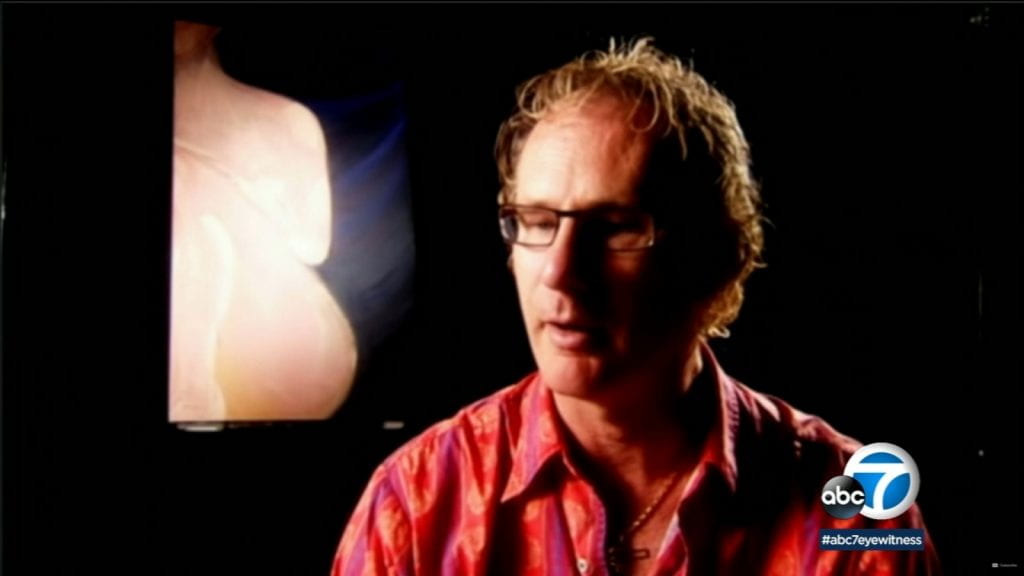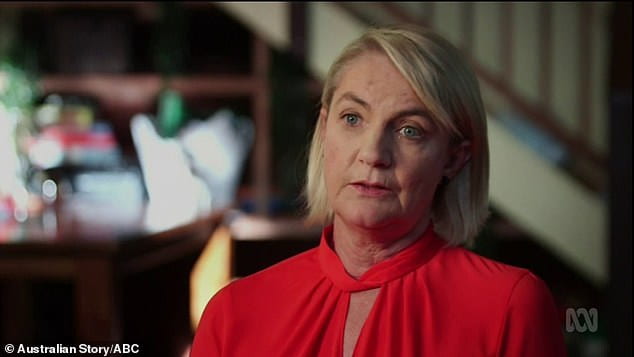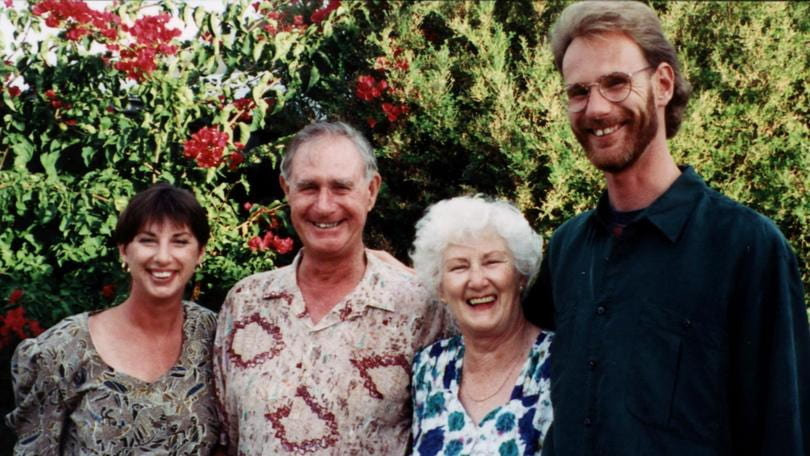“In this project, we learnt about the principles of justice that uphold Australia’s legal system, such as the presumption of innocence, an impartial judiciary, and the right to legal representation. I studied the case of Andrew Mallard, and analysed how these principles were both upheld and violated in this case. After writing an essay on the topic, we were required to incorporate feedback and edit the essay so that it was fit for online publication. This essay is the end result of that editing process. It demonstrates my ability to take feedback, and to refine a piece of written work to produce a professional result.”
The Wronged Man; Victim of unlawful conduct:

Intro:
In jail for 12 wrongful years, Andrew Mallard was convicted for the alleged murder of Jewellery shop owner Pamela Lawrence, on the 23rd of May 1994. Having taken advantage of with his mental state the principals of justice were majorly compromised, with limited attempts to upheld them. Where the rights to a fair trial, Equality before the law, and the right to a reasonable appeal, were the main compromised P.O.J.’s.
Right to a Fair Trial:
The universal right to a fair trial was compromised severely, due to the failure of the Police Officers to uphold their duties. Where the right allows for individuals access to a fair trial, where they have a chance to be proven innocent. During many parts of the investigation however, the officers failed to consider the key factors affecting the outcome of the trial, such as Mallard’s mental condition etc. Leading to the conviction of Mallard, where it is no exaggeration to speculate the officers attempt to frame Mallard, where the reasons for conviction were baseless, and forced with no actual proof, such, as seen with an alleged “Confession” from Mallard.
Looking at the case from the P.O.V. of the officers however, it is quite simple to see why they attempted to frame Mallard. Seeing how perfectly the “evidence” fitted Mallard, it would be easier for tired police officers to frame Mallard than attempting to find the true murderer, when considering the high crime rates during the 1990’s compared to the present. Officers are could easily be at late night shifts where their mental energy has been drained, affecting their sense reason and their way of conduct when dealing with the case.
Improvements:
The case had many major flaws regarding the execution of the trial, with main issues being a lack of surveillance and monitoring of the officers in action. The solutions are to be focused around better monitoring the officers enforcing the legal system, where it would be in favour to have each individual (Officers) involved in the case are equipped with a go pro, or other means of recording in which aren’t editable, at all times on duty. This will ensure absolute truth during trial, as with the untouched video evidence, false evidence will be hard to create, as seen with the police’s attempt of faking a “Confession” out of Mallard. Protocols regarding the enforcement should also be put out, such as punishment in order to ensure the enforcing of the new system. This action is mostly effective in reducing the framing of victims through false evidence. This does not however mean, that fairness is guaranteed. The system is still vulnerable to loopholes where the defence team will not have the same resources as the judicial officers during the investigation, limiting the amount of information able to be used in defending the Victim.

Equality Before the Law:
Equality before the law was severely compromised in Mallard’s case due to the failure of the system. Equality before the law ensure that all individuals are treated equally regardless of gender power, mental capacity etc. This however, has not been held true for Mallard, when police officers again, has taken advantage of Mallard’s condition and the current circumstances where Mallard was in an incredibly vulnerable condition to be exploited by the police officers. This can be seen with a statement made by Colleen Egan, investigative journalist part of Mallard’s defence team, “This was all due to the lack of effort made by the police where the prosecutor in the trial was strange, but also when 3 judges dismissed our appeal despite the fresh conclusive evidence,”, further supporting the argument of the attempt of framing Mallard.
Reasons for Framing:
Now the exact reasons for the framing of mallard are unclear however, one can make many speculations, in which includes an attempt to end the case whilst using minimum resources, such as man-power, equipment, and most importantly time. Which in a time of high crime rates, resources are incredibly important, as having more resources means more cases can be solved efficiently, especially when considering the processes and time needed in order to get an investigation undergoing (24+Hrs).

Improvements:
Improvements in this case are limited, as knowing that not only the police officers, were exploiting Mallard, but also 3 separate judges. Knowing that the issue lied within the police officers and judges, improvements should be focused around having a trustworthy system where the people involved, are all trustworthy. Such can be fixed by having trusted members from the defence team to be sent to the police as a representative during the investigations, in order for the defence team to have the same amount of information to be used in the case. By having representatives of the defence team involved in the police procedures, information will have a harder time to be kept hidden away from the defence team, so that victims will have a increased chance of proven innocent.
Right to a Reasonable Appeal:
Despite the attempts to uphold Mallard’s right to reasonable appeal, Justice was yet again compromised. Where the right was supposed to allow for any appeals within reason, to revoke the judgement made by the judges, Mallard’s defence team has constantly been swept away by the judges on 3 separate occasions, where sufficient evidence has been presented. A statement recounting the event from defence team Colleen Egan’s P.O.V. said, “3 different Judges has dismissed over appeal despite our conclusive evidence that could’ve overturned the decision made by the judge.”

Suspicious Acts:
Having 3 different judges dismiss an appeal that has met all the required condition in order to overturn a decision by the judge, greatly increases the suspicions of an attempt to frame Mallard. As the dismissed appeals couldn’t have a mistake of the defence team, but the judges, as any non-biased judge would’ve approved of the appeal.
Improvements:
Improvements that could’ve supported the upholding of the right to a reasonable appeal, is hard to find as the appeal process heavily relies upon a non-biased judge. One possible improvement is to have more than 1 judge to be included in the appeal process. However, there are several reasons that this idea has not been put into place. Having several judges would mean too many view points and a higher probability of bias from multiple judges rather than one.

Conclusion:
The Justice system has greatly failed Andrew Mallard in no only upholding the P.O.J’s, but also Andrew Mallard’s own innocence. The core issues of the case revolved around the lack of unbiased and trustworthy officers and personnel’s involved in the investigation. Which ultimately, failed to protect Mallard’s right to a fair trial, reasonable appeal, and the right for equality before the law. If the Justice system were to continue with such low standards, many more victims similar to Mallard, will be subjected to unlawful bias where there lives and reputation will never be the same again.